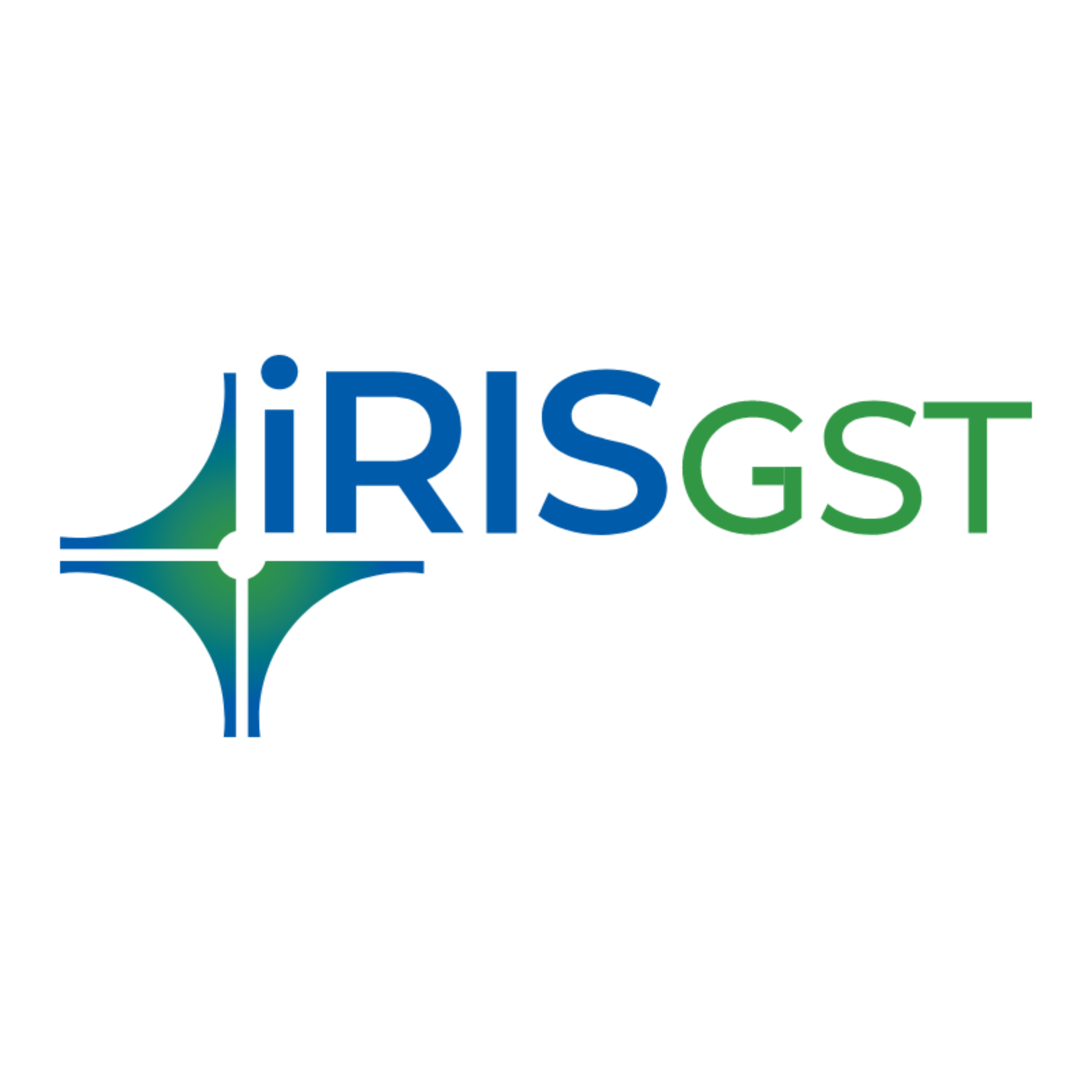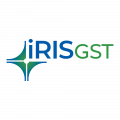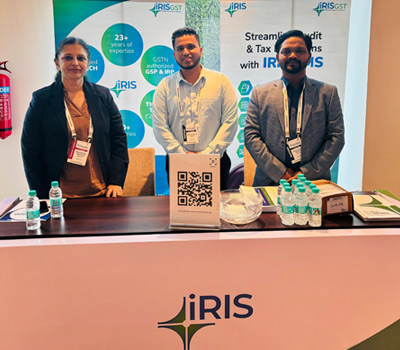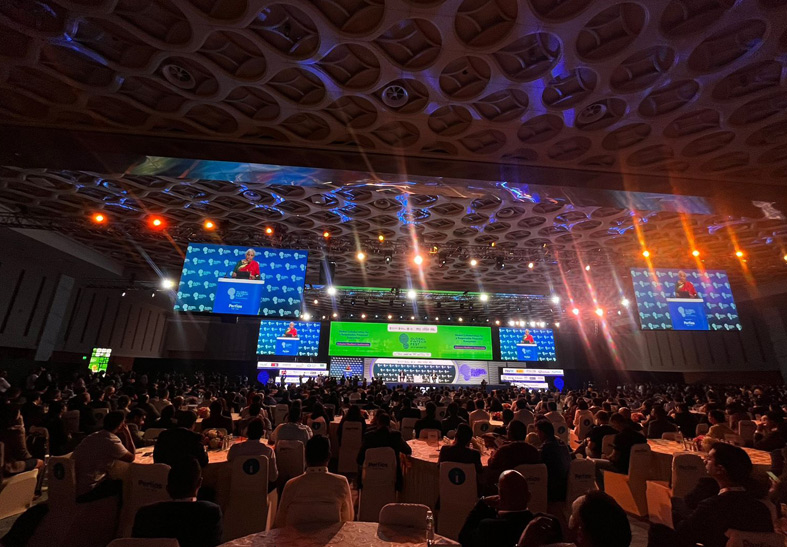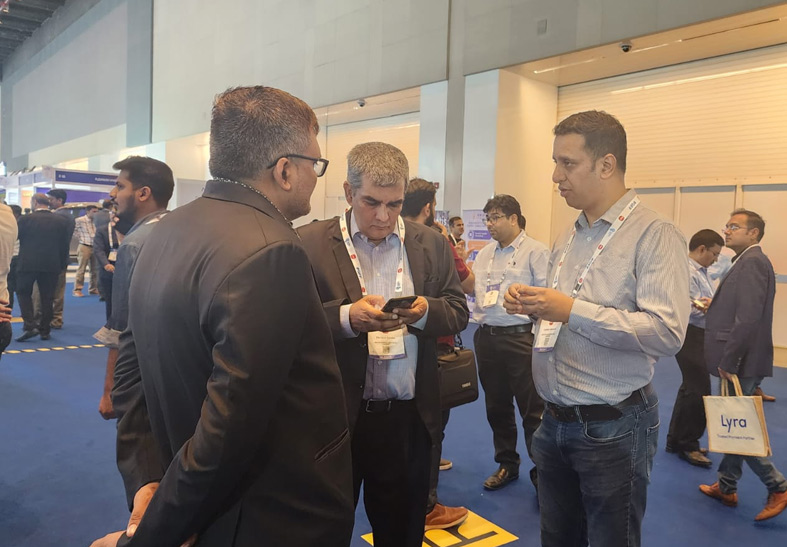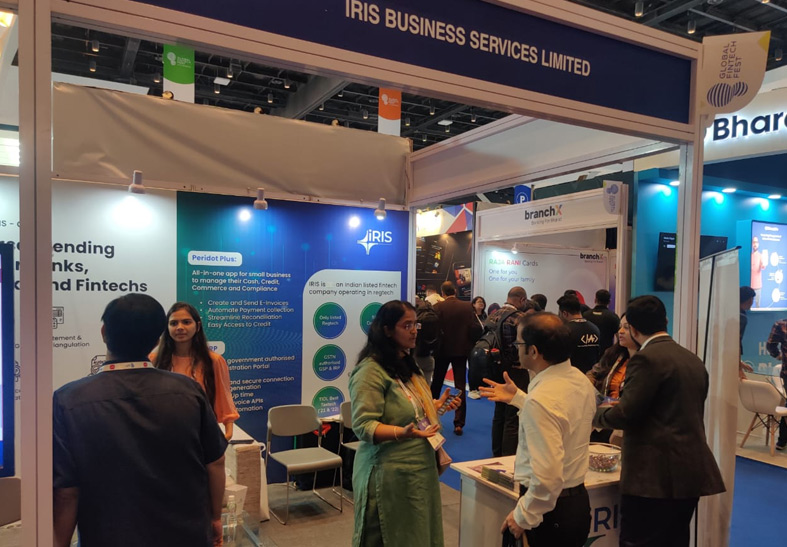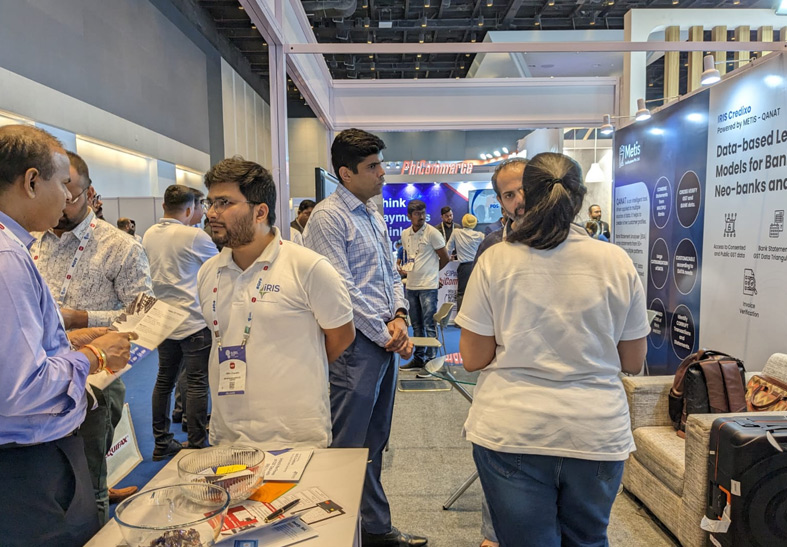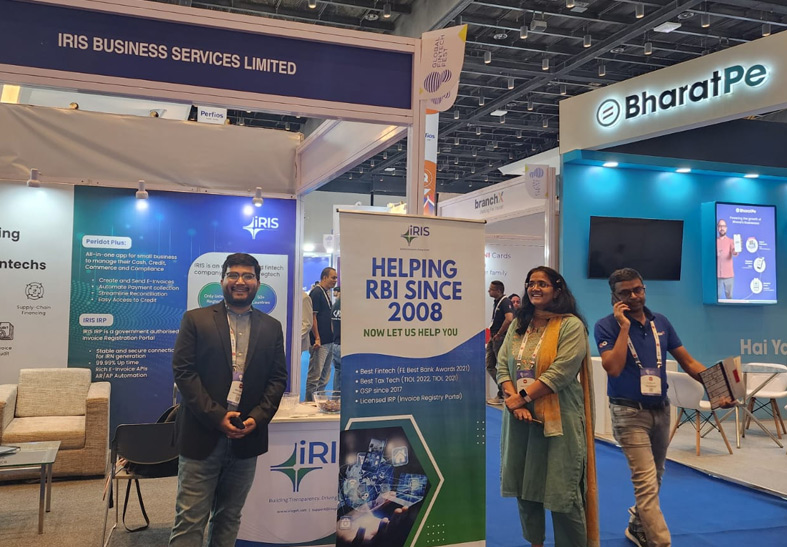
The 55th GST council meeting is set to take place on December 21st, 2024, in Jaisalmer, Rajasthan. This much-anticipated meeting is expected to address several key issues that have been impacting businesses and the overall economy. Let’s delve into the agenda and potential outcomes of this crucial meeting.
Focus on GST Rate Rationalization and Reforms
A central theme of the 55th GST Council Meeting is likely to be GST rate rationalization and reforms. The council is expected to discuss changes to the GST structure, particularly with regards to the inverted duty structure. This structure occurs when the tax rate on inputs is higher than the tax rate on outputs, leading to a blockage of working capital for businesses due to accumulated Input Tax Credit (ITC).
Potential Changes to GST Rates
Several proposals regarding GST rate modifications are on the table. These include:
- The GST Council is anticipated to explore the possibility of reorganizing the current four-tier tax framework (5%, 12%, 18%, and 28%) to simplify the system and minimize disputes. The restructuring aims to maintain affordability for essential goods through lower tax rates while potentially increasing taxes on luxury and non-essential items to sustain revenue balance.
- Reduction in GST rates on health and life insurance premiums to make insurance more affordable.
- Rate rationalization on essential items such as packaged drinking water, bicycles, and exercise notebooks.
- Potential inclusion of petrol and diesel under GST. This is a significant proposal that could have a major impact on the economy.
- Changes to GST rates on tobacco products to curb consumption.
| Product Category | Current GST Rate | Proposed GST Rate |
| Health insurance premiums | Exempt (up to ₹5 lakh coverage) | 18% (above ₹5 lakh coverage) |
| Packaged drinking water (20 liters and more) | 18% | 5% |
| Bicycles (costing less than ₹10,000) | 12% | 5% |
| Exercise notebooks | 12% | 5% |
| Shoes priced above ₹15,000 per pair | 18% | 28% |
| Wristwatches costing above ₹25,000 | 18% | 28% |
Addressing the Inverted Duty Structure
One of the focal points of the 55th GST Council Meeting is the much-anticipated reform in the inverted duty structure. This anomaly, where input goods attract higher GST rates than the final products, has long been a concern for businesses, leading to blocked input tax credits and cash flow challenges. By addressing this issue, the council aims to streamline tax rates across sectors, enhancing ease of doing business and reducing compliance burdens.
Insurance Levy and New Tax Proposals
Among the key topics to be deliberated on is the introduction of GST on insurance premiums. While some stakeholders argue this could increase policy costs, others see it as a step towards aligning taxation practices with global standards. Additionally, the council may explore introducing new levies or expanding the tax net to include emerging sectors, ensuring the GST system keeps pace with India’s evolving economy.
Evolving GST Technology and Compliance
Another significant highlight of the 55th GST Council Meeting is expected to be advancements in GST technology and compliance mechanisms. The council may review the performance of recent initiatives, such as the Invoice Management System (IMS), and propose measures to further streamline compliance processes for businesses. Enhanced digitization efforts aim to minimize errors, improve data accuracy, and ensure seamless integration between taxpayers and the GSTN portal. State Compensation and Revenue Growth
As the five-year GST compensation period has ended, states continue to push for measures to address revenue shortfalls. The 55th GST Council Meeting will likely revisit discussions on extending financial support to states or identifying alternative revenue augmentation strategies. This dialogue is crucial for fostering cooperative federalism and ensuring the financial stability of state governments.
Implications of the 55th GST Council Meeting
The outcomes of the 55th GST Council Meeting are poised to impact various stakeholders, from businesses and consumers to state governments. Simplifying tax structures and enhancing transparency could foster economic growth and reduce compliance complexities. Meanwhile, industries awaiting relief from the inverted duty structure and rate rationalizations are closely watching the council’s decisions.
In conclusion, the 55th GST Council Meeting promises to be a landmark event, addressing key challenges in India’s GST ecosystem. Stakeholders are optimistic that this meeting will pave the way for a more efficient, inclusive, and forward-looking tax regime. As the council gathers on 21st December, all eyes will be on the outcomes that could shape the trajectory of India’s indirect taxation landscape in the coming years.
To read our coverage on the previous Council Meet decisions, you may refer here:
- 54th GST Council Meeting
- 53rd GST Council Meeting
- 52nd GST Council Meeting
- 51st GST Council Meeting
- 50th GST Council Meeting
IRIS GST, a leading name amongst the GST Suvidha Providers (GSP) in India, offers easy and efficient GST solutions (For GST return filing, E-invoicing, and E-way bill compliance), IRIS LMS (For managing GST and DT litigation), and IRIS ASAP for automating and streamlining accounts payable. For any queries or to book your free demo, connect with us at support@irisgst.com.
